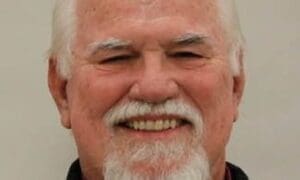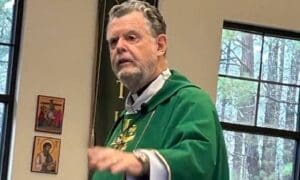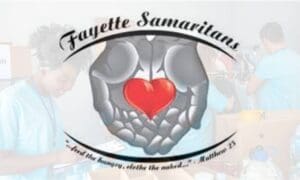We know it’s Halloween. But it’s also a notable date for something else. I invite you “to Google” Martin Luther (not M.L. King) with me. Here’s a good entry at About.com Christianity. I’ve edited it a bit for you to read here.
“Martin Luther, one of the most notable theologians in Christian history, is responsible for initiating the Protestant Reformation in 1517. Some hailed him as a pioneering defender of truth and religious freedoms, others charged him as a heretic leader of a religious revolt. Today most Christians would agree that he influenced the shape of Protestant Christianity more than any other person, and therefore influenced the shape of the world as we know it today. The Lutheran denomination was named after Martin Luther (not at his request or desire).
“Martin Luther was born into Roman Catholicism in Germany. In 1505 Martin began to study law. But later that year, while traveling through a terrible thunderstorm, Martin had an experience that would change the course of his future. Fearing for his life when a lightning strike narrowly missed him, Martin cried out a vow to God. If he survived he promised to live as a monk. And so he did. Luther entered the Augustinian Order in less than a month’s time, becoming an Augustinian friar.
“Unfortunately, Martin was driven by fears of hell, God’s wrath, and a need to gain the assurance of his own salvation. Even after his ordination in 1507 he was haunted with insecurity over his eternal fate, and disillusioned by the immorality and corruption he witnessed among the Catholic priests he had visited in Rome. In an effort to shift his focus from the spiritual state of his troubled soul, in 1511 Luther moved to Wittenburg to earn his Doctorate of Theology.
“As Martin Luther immersed himself deeply in the study of Scripture, especially the letters written by the Apostle Paul, God’s truth broke through and Luther came to the overwhelming knowledge that he was ‘saved by grace through faith alone, and not by works or deeds’ (Ephesians 2:8). When he began to teach as a professor of biblical theology, his new-found enthusiasm for God’s grace, God’s love as shown in Jesus Christ, began to spill over into his lectures and discussions. He spoke passionately about Christ’s role as the only mediator between God and humankind, and that by grace and not through works, are all people justified and forgiven of sin. Salvation, Luther now felt with all assurance, was God’s free gift. It didn’t take long for his radical ideas to get noticed; for not only did these revelations of God’s truth change Luther’s life, they would forever change the direction of history.
“In 1514 Luther began to serve as a priest for Wittenburg’s Castle Church, and people flocked to hear God’s Word preached like never before. During this time Luther learned of the Catholic Church’s unbiblical practice of selling indulgences. The Pope, according to his discretion from the “treasury of merits from the saints,” sold religious merits in exchange for building funds. Those who purchased these indulgence documents were promised a reduced punishment for their sins, for the sins of departed loved ones, and in some cases, total forgiveness from all sin. Luther publicly objected to this dishonest practice and abuse of church power.
“On October 31 (Ah-ha! This is what else happened!), 1517 Luther nailed his famous 95-Theses to the University’s bulletin board—the Castle Church door, formally challenging church leaders on the practice of selling indulgences and outlining the biblical doctrine of justification by grace alone. This act of nailing his Theses to the church door has become a defining moment in history.
“Luther’s vocal criticisms of the church were seen as a threat to the pope’s authority, and he was warned to recant his position. But Luther refused to change his stand unless someone could point him to scriptural evidence for any other attitude.
“In January of 1521, Luther was officially excommunicated by the pope. Two months later, he was ordered to appear before Emperor Charles V in Worms, Germany for a general assembly of the Holy Roman Empire, a convention known as the “Diet of Worms” (pronounced “dee-it of Vorms”). On trial before the highest Roman officials of the Church and State, again Martin Luther was asked to renounce his views. And just as before, with no one able to refute the truth of God’s Word, Luther pronounced his famous “Here I stand” speech. As a result, Martin Luther was issued the Edict of Worms, banning his writings and declaring him a “convicted heretic.” Luther escaped in a planned “kidnapping” to Wartburg Castle where he was kept protected by friends for almost a year.
“During his seclusion, Luther translated the New Testament into the German language, giving ordinary lay people the opportunity to read God’s Word for themselves, and Bibles were distributed among the common people for the first time ever.”
Please join me in recognizing what else October 31st is.
[Kollmeyer is senior pastor of Prince of Peace Lutheran Church here in Fayetteville.]












Leave a Comment
You must be logged in to post a comment.